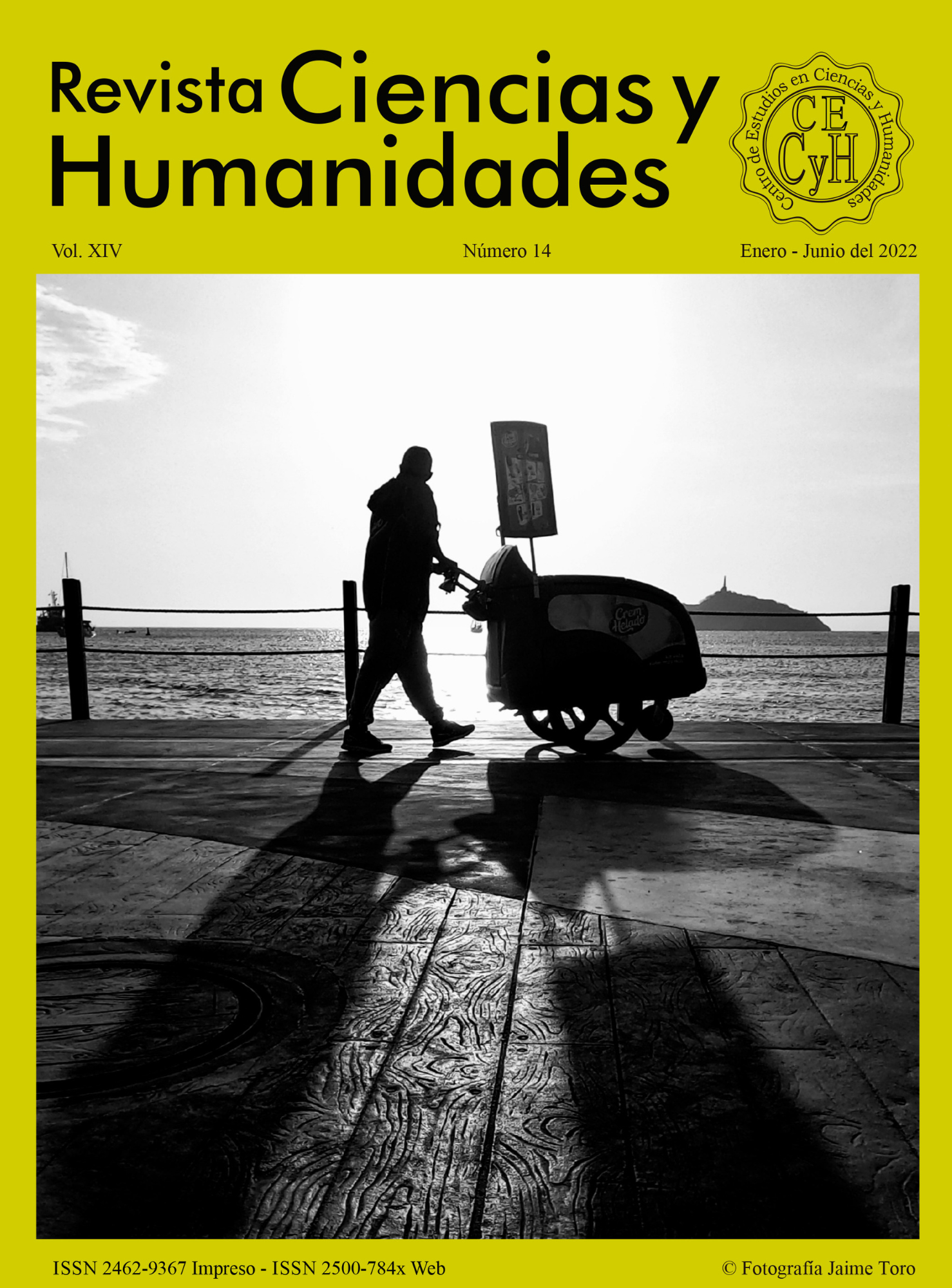Biopolitics and Miscegenation: A reflection of Mexican Nationalism
DOI:
https://doi.org/10.61497/e6c9te24Keywords:
biopolitics, racism, miscegenation, nationalismAbstract
The account of the origin of the Mexican nation assumes that it was conceived in a more or less harmonious process of cultural and racial miscegenation between two nuclei: the indigenous and the Spanish. The story of miscegenation has been propped up as an official governmental political discourse that explains the origin and identity of Mexico and Mexicans. From this, historically, political, cultural, social and economic decisions and strategies have been taken to organize and define the Mexican population, producing different material effects differentiated hierarchically in this. The thesis proposed is that the category of miscegenation is biopolitical; that in its long process of formation having at its core elementary identity definitions that criollismo generated since colonial times based on a civilizational project vindicating its own economic interests, has defined the characterization of the Mexican population and determined the different government policies by classifying and dividing the population against its rhetoric of inclusion and respect for cultural diversities.
Downloads
Published
Issue
Section
License
Copyright (c) 2024 Roberto Israel Rodríguez Soriano (Autor/a)

This work is licensed under a Creative Commons Attribution-NonCommercial-NoDerivatives 4.0 International License.
Los artículos publicados en esta revista están bajo una licencia Creative Commons Atribución-No Comercial 4.0 Internacional (CC BY-NC-ND 4.0 ). Esto significa que los autores conservan sus derechos de autor y permiten que otros compartan y distribuyan el contenido con el debido reconocimiento, pero sin fines comerciales. No se permite la creación de obras derivadas a partir de este contenido.
Revista Ciencias y Humanidades © 2015 by Centro de Estudios en Ciencias y Humanidades del Instituto Jorge Robledo is licensed under CC BY-NC-ND 4.0











